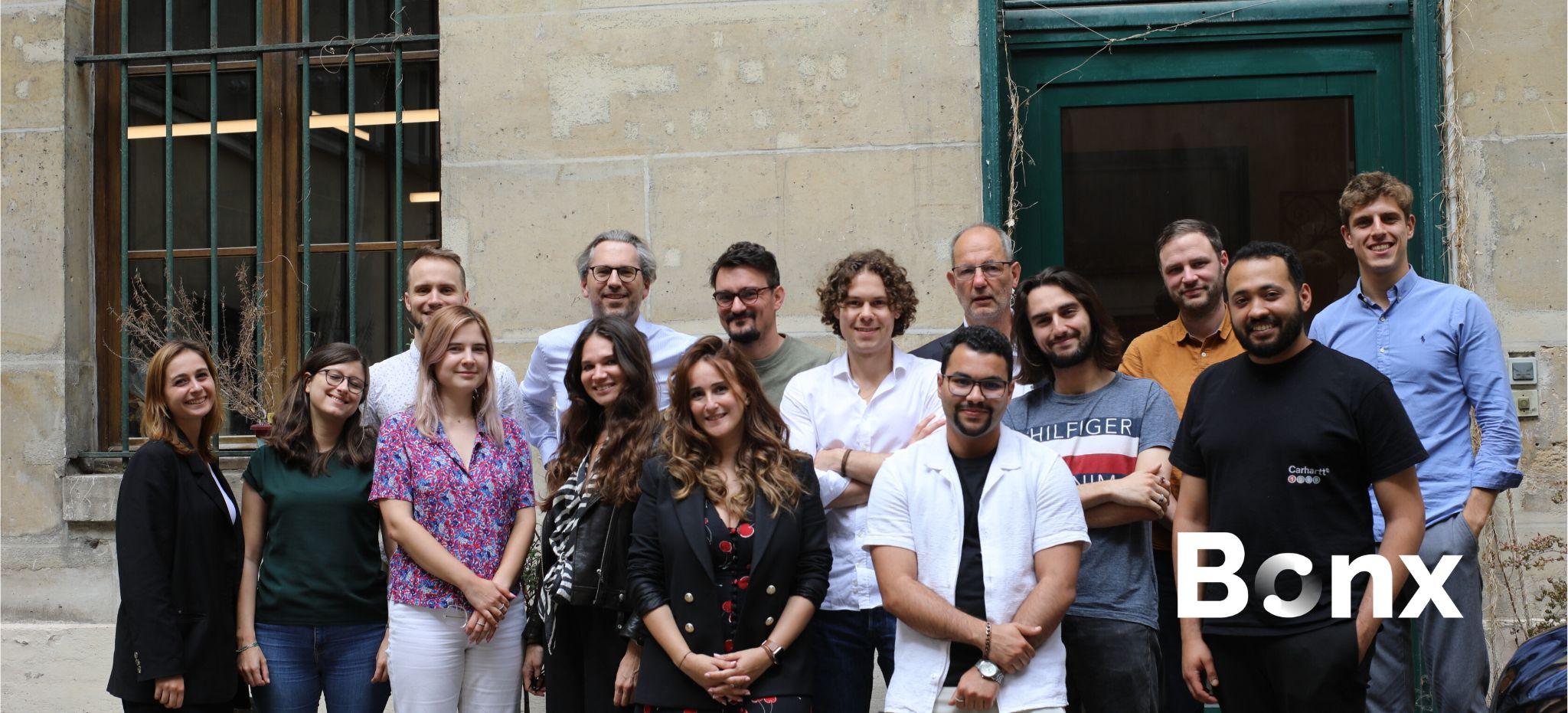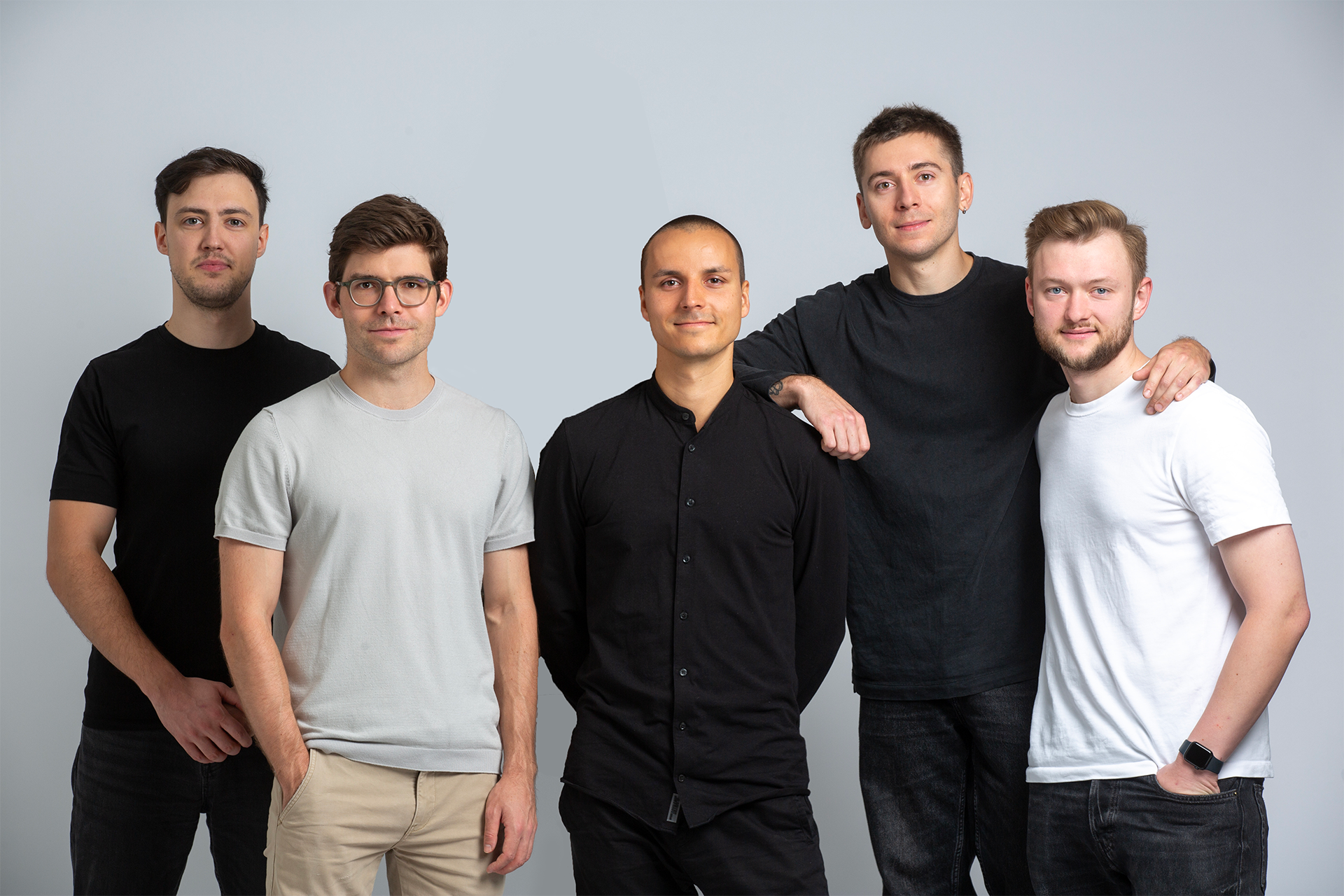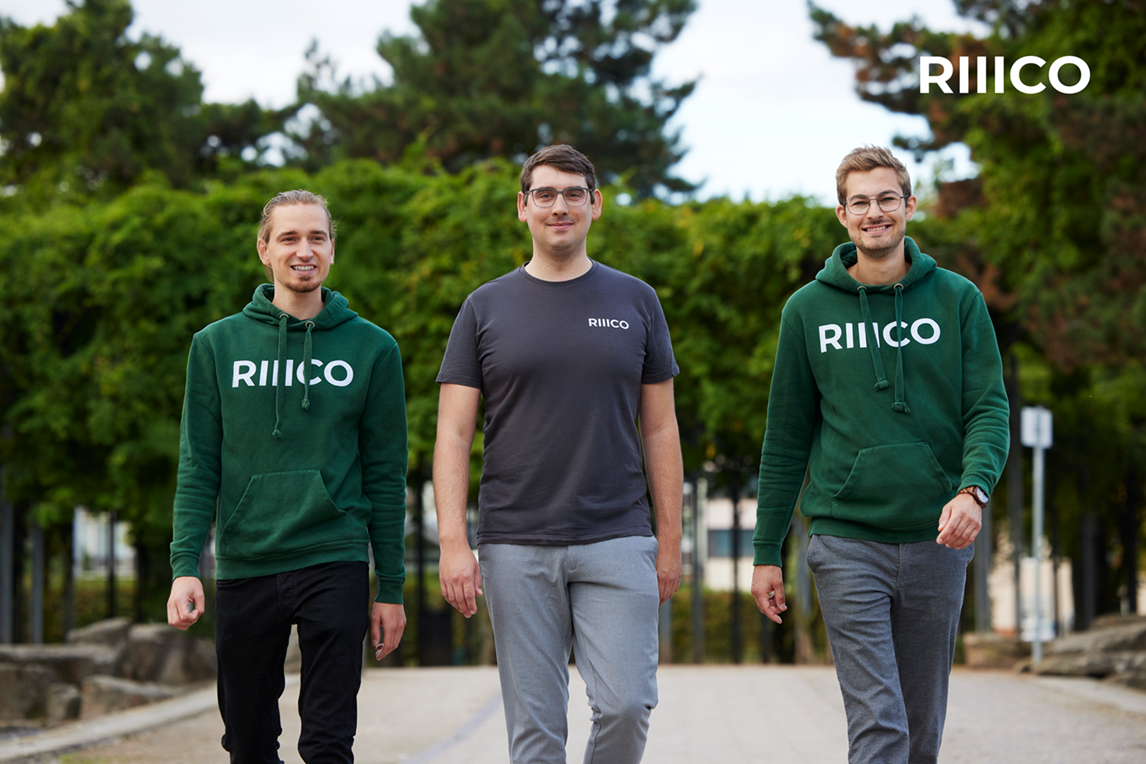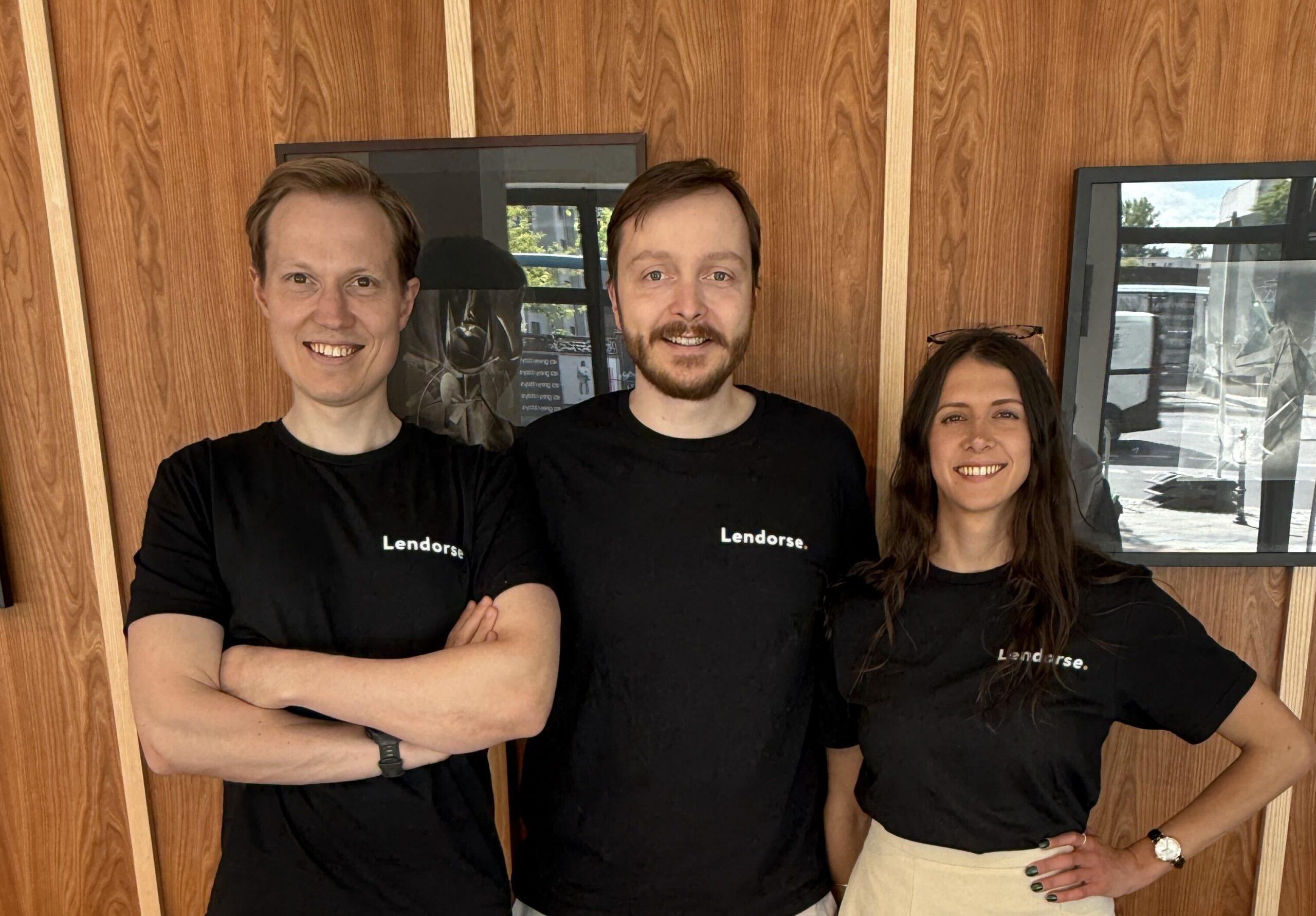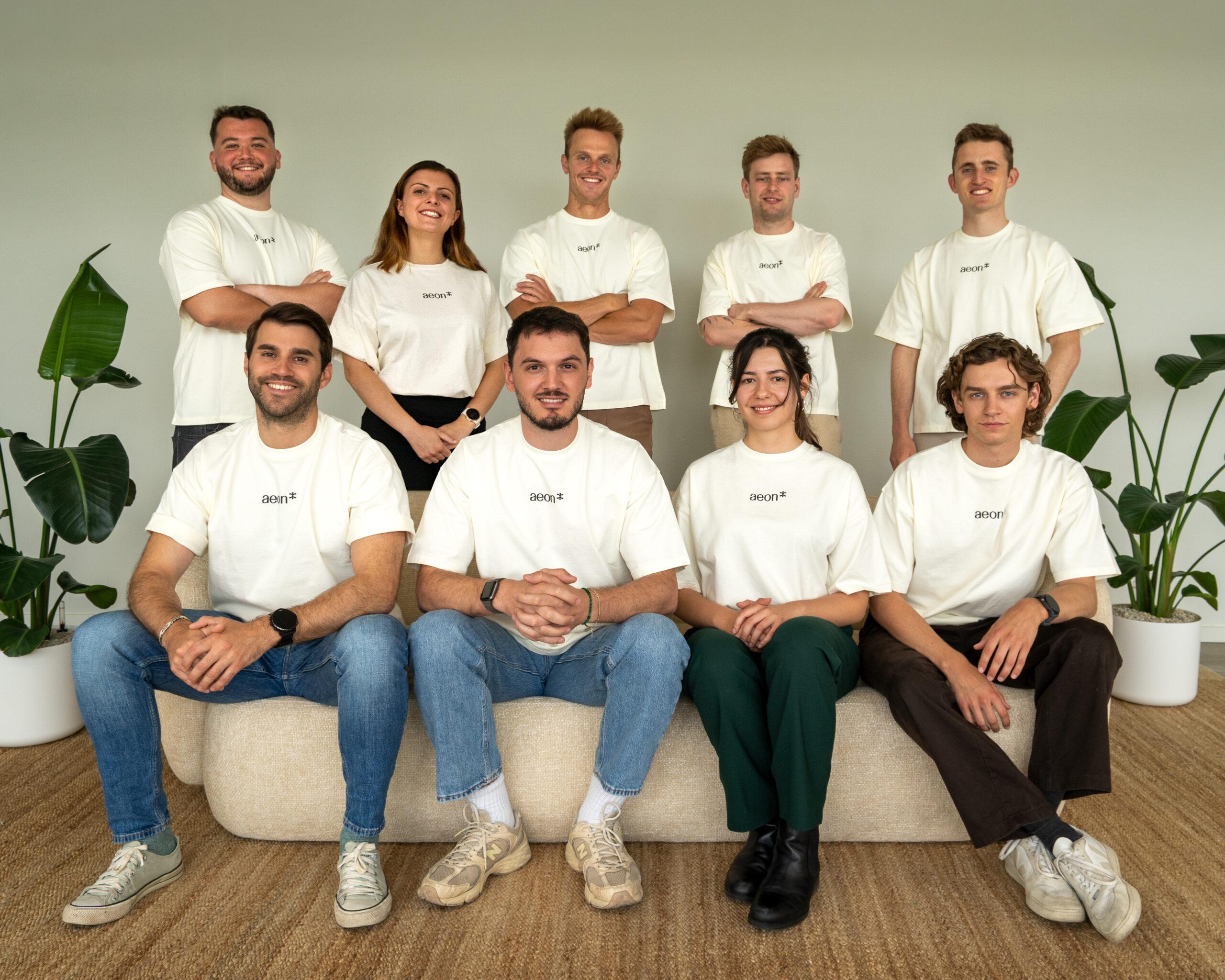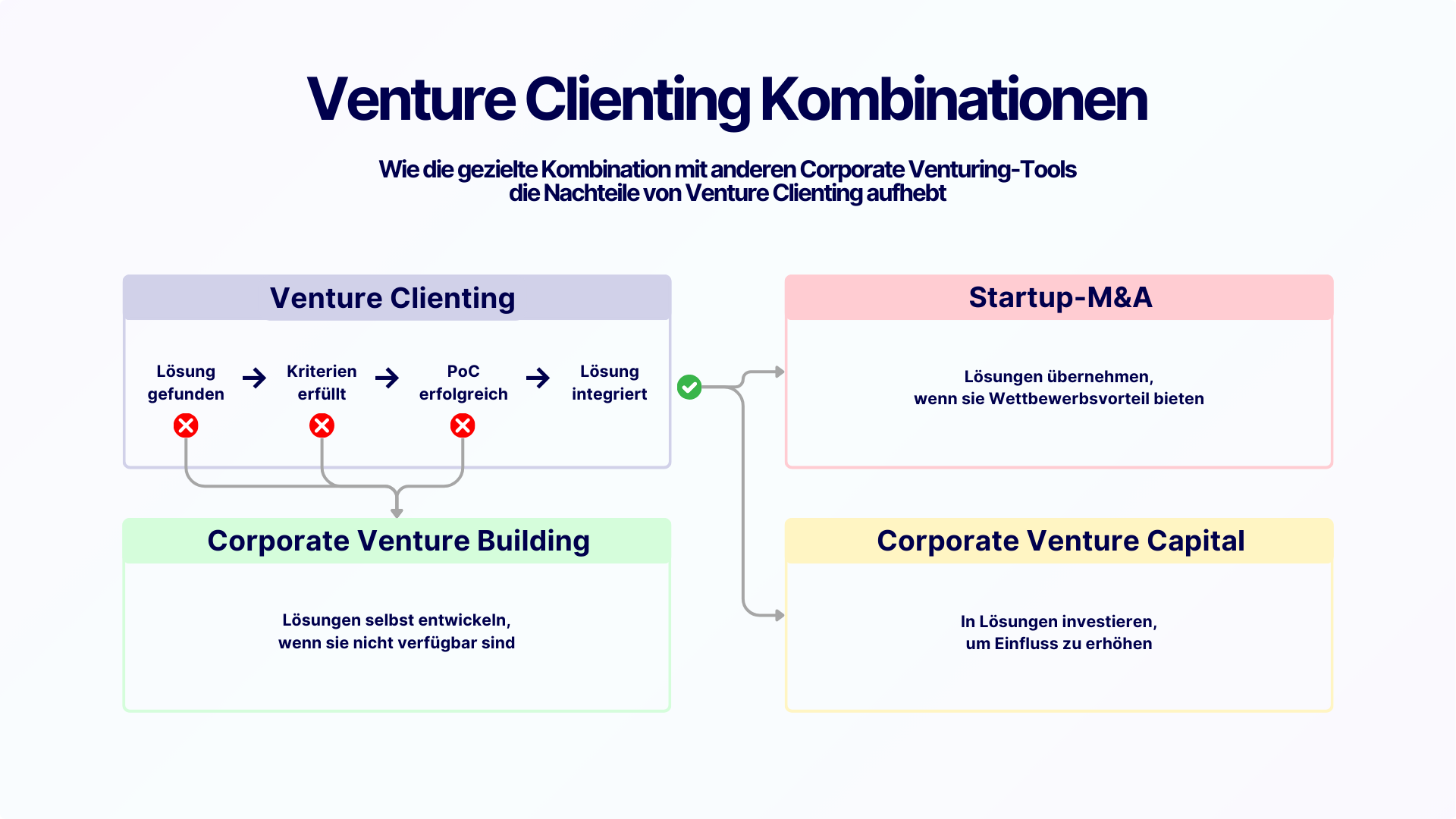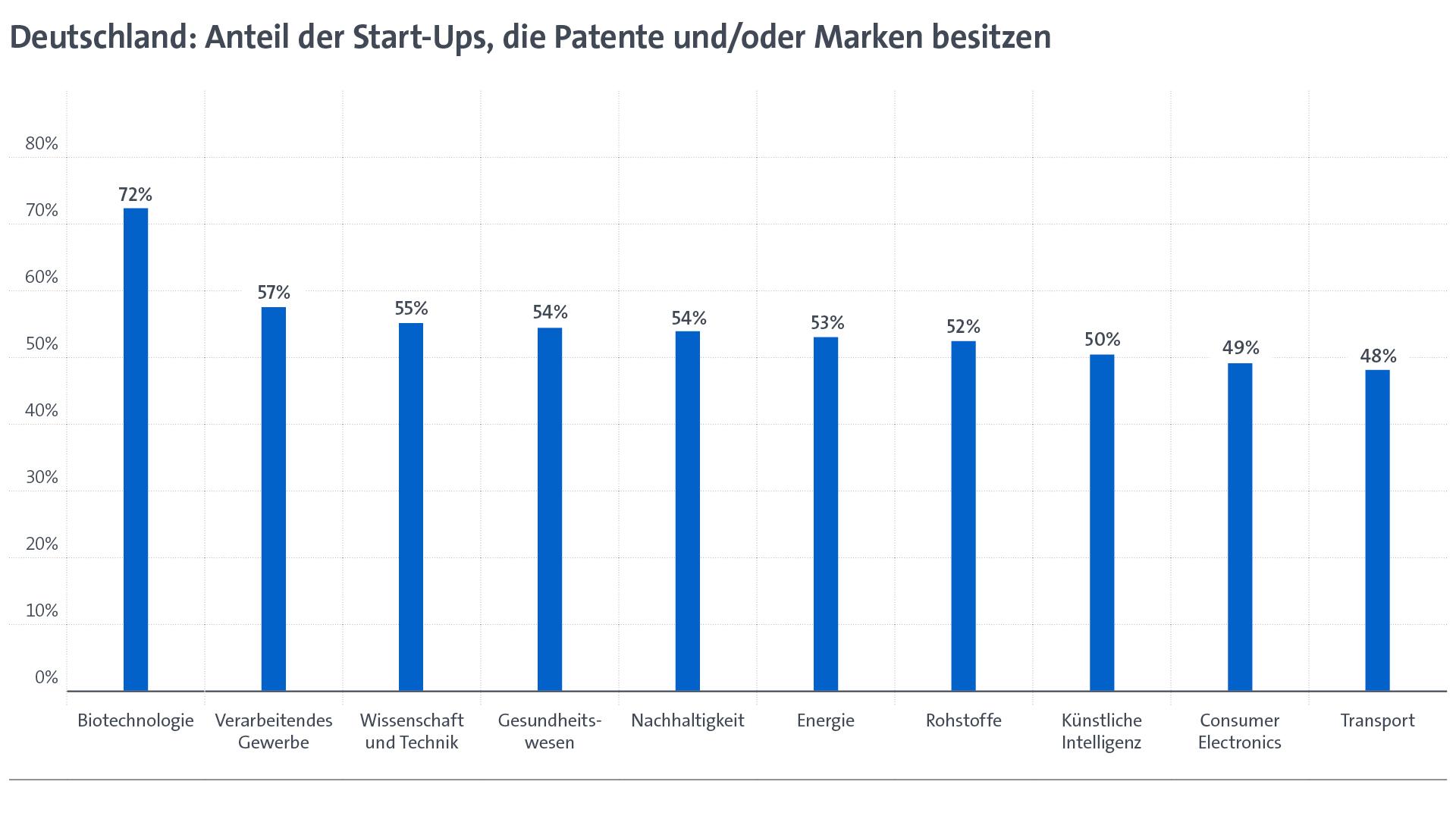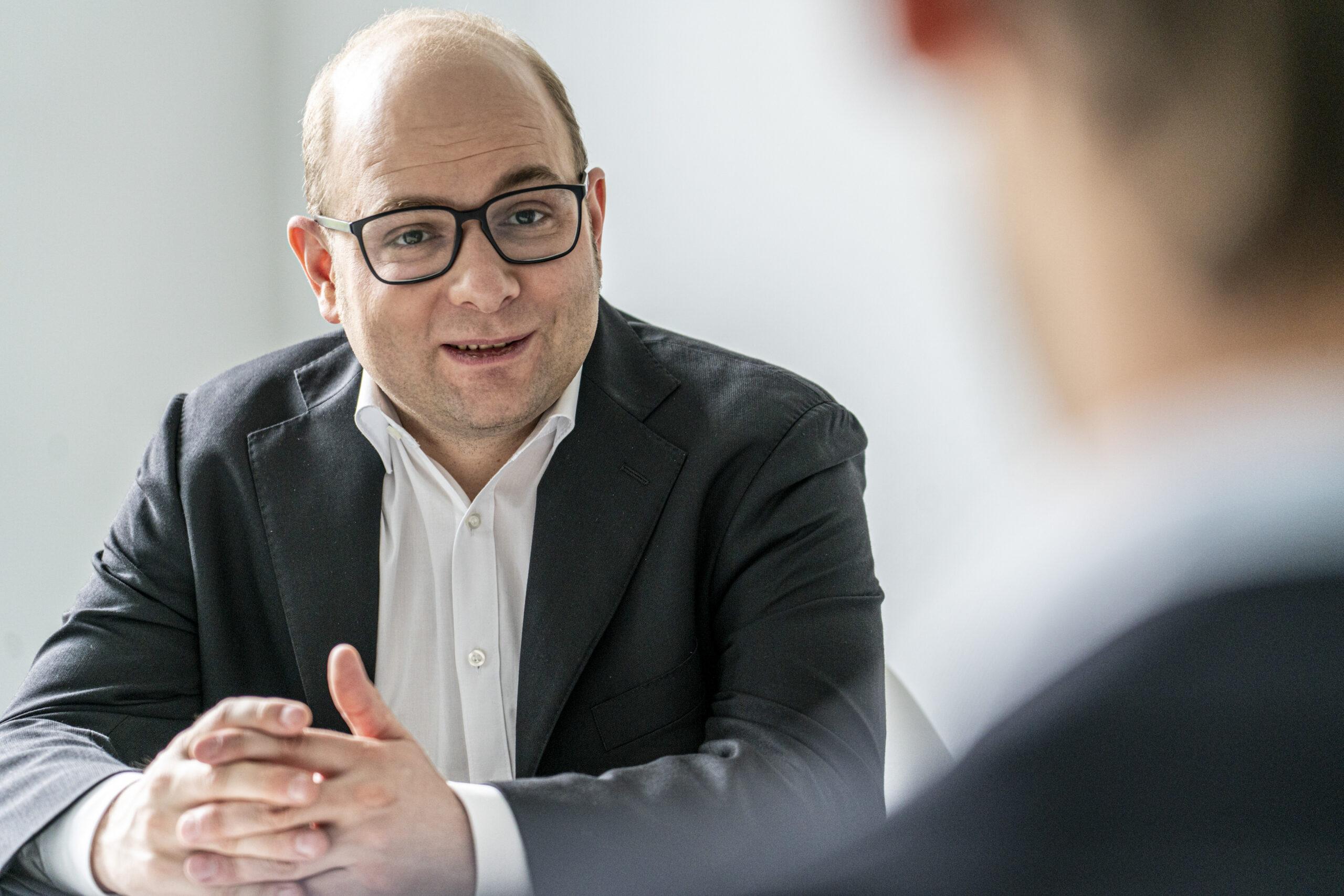This is where young start-ups get money

If you want to realize your start-up idea, you often need outside capital early on. At the very beginning, founders can rely on business angels, incubators or state subsidies. A brief overview.
It is rare for start-ups to be able to finance themselves solely from their own resources right from the start. Founders often need money early on, even before the company is officially founded. But they have a whole range of options.
Laying the foundations in the seed phase
The seed phase is the time before the company is actually founded. During this phase, founders work on their first prototype or flesh out their business idea. During this phase, founders should draw up a business plan, among other things. In it, they record their concept and provide themselves - and potential investors - with an overview of their financial planning. A detailed business plan is essential if they want to obtain financing later on, for example through a bank loan.
At this very early stage, it is still difficult for founders to convince investors. Many therefore often rely on their own deposits or capital from friends and acquaintances. If you do this, it is essential to document exactly who has invested how much money in the company and when. This should clearly regulate who is entitled to what interest or how large their shares in the company are.
Request ERP loans via KfW
If you would like to take out a loan at this early stage, you should take a look at which loans the Kreditanstalt für Wiederaufbau (KfW) supports. The state development bank offers three different types of financing for start-ups.
In order to ultimately receive a KfW loan, founders must contact a financing partner. This can be a commercial bank or a financial broker, for example. They then submit the application to KfW. The promotional bank then checks whether the founder meets the relevant requirements and, at best, grants the loan.
One of the three financing options is the "ERP Start-up Loan - StartGeld". This provides up to 125,000 euros to finance running costs and investments. KfW also assumes up to 80 percent of the credit risk. This loan is intended for start-ups as well as young and small companies.
The "ERP capital" of up to 500,000 euros is intended to strengthen the equity of a start-up. Companies can apply for this money up to three years after their foundation. Within the first seven years, they do not have to make any repayments, only interest payments. In addition, KfW assumes the entire credit risk. One prerequisite for this is that the company still has fewer than 250 employees and a turnover of less than 50 million euros.
The third loan offered by KfW is the "ERP Start-up Loan - Universal". This is characterized by a reduced interest rate of 1.00 to 2.12 percent. This loan is intended to enable start-ups to make new purchases, such as machinery, company vehicles or software. KfW has currently adjusted this loan due to the coronavirus crisis. KfW is assuming 80 to 90 percent of the bank risk for start-ups affected by coronavirus. It is also waiving a risk assessment for loans of up to three million euros in order to speed up the process. The prerequisite for this is that the start-up has only been active on the market for three to five years, can already present two annual financial statements and only got into difficulties due to coronavirus.
The High-Tech Gründerfonds and incubators
If you are founding a technology start-up, you can turn to the High-Tech Gründerfonds (HTGF). It supports young companies with high growth potential, whereby the decision as to whether the HTGF invests in a start-up is based on market criteria. According to its own information, HTGF has already invested in almost 600 start-ups and has already enjoyed some success. The fitness start-up eGym is part of the portfolio, as is Next Kraftwerke, the operator of a virtual power plant.
However, young companies can also try going into an incubator. Incubators offer the advantage of providing infrastructure such as offices in addition to financial resources. The aim of these facilities is to support start-ups throughout the entire start-up process. Experts are therefore often on site, for example lawyers or business consultants. Networking with like-minded people can also be crucial for founders. Which incubator is right for whom depends entirely on the individual case.
Business angels can become investors
Business angels are another way to raise money. These are often successful entrepreneurs who are willing to advise a start-up, provide contacts - and even invest initial venture capital in the project. They can also be used to raise up to 100,000 euros. In return, however, they want to participate in the company's success. In return for your investment, a business angel therefore receives shares in the company. They make a profit if they later sell their shares at a higher price.
Founders should agree three points with their business angel: how many shares they will receive, how long their investment will last and how much money they will invest. If you are looking for a business angel, you can contact the "Business Angels Netzwerk Deutschland" association, for example. It also lists all its members for public viewing.

Newsletter
Startups, stories and stats from the German startup ecosystem straight to your inbox. Subscribe with 2 clicks. Noice.
LinkedIn ConnectFYI: English edition available
Hello my friend, have you been stranded on the German edition of Startbase? At least your browser tells us, that you do not speak German - so maybe you would like to switch to the English edition instead?
FYI: Deutsche Edition verfügbar
Hallo mein Freund, du befindest dich auf der Englischen Edition der Startbase und laut deinem Browser sprichst du eigentlich auch Deutsch. Magst du die Sprache wechseln?









